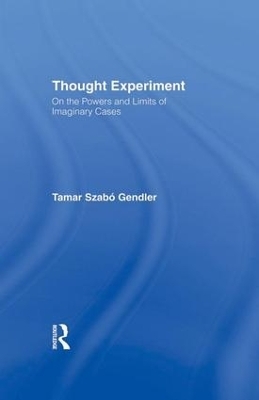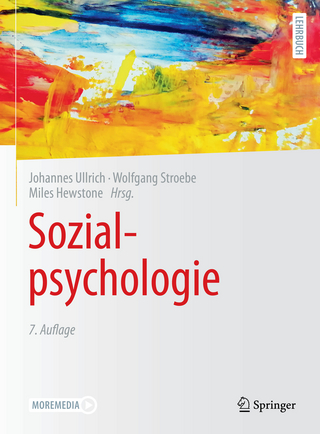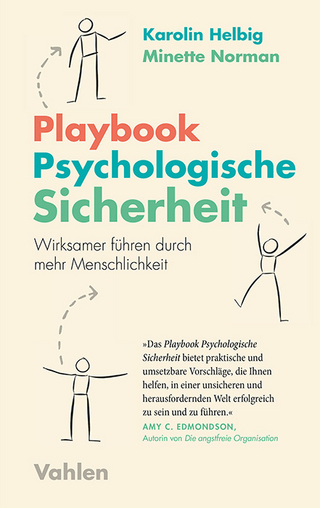
Thought Experiment
Routledge (Verlag)
978-1-138-99033-3 (ISBN)
Tamar Szabo Gendler is at Syracuse University
Preface; Revisions Made; Summary of Contents; Chapter 1-Introduction; Chapter 2-Galileo (First Case Study); Chapter 3-The Ship of Theseus (Second Case Study); Chapter 4-Personal Identity (Third Case Study); Chapter 5-Conclusion; ; 1. Introduction; 1.1 Exceptional Cases; 1.1.1Characterization of Exceptional Case; 1.1.1.1 Exceptional Cases in Theories with Privileged Characteristics; 1.1.1.2 Exceptional Cases in Theories without Privileged Characteristcs; 1.1.2 Ways of Accounting for Exceptional Cases; 1.1.3 Patterns of Accounting; 1.1.4 Application to the Question at Hand; 1.2 Imaginary Cases; 1.3 Thought Experiments; 1.3.1 What is a Thought Experiment?; 1.3.2 The Tripartite Structure of Thought Experiments; 1.3.3 Three Sorts of Thought Experiments; 1.4 Appendix to Chapter 1; 2. Galileo; 2.1 Argumentative Reconstruction; 2.1.1 The Elimination Thesis; 2.1.2 Clarification of Terminology; 2.1.3 The Negative Argument and the Positive Argument; 2.1.4 The Dispensability Thesis and the Derivativity Thesis; 2.2 Galileo's Thought Experiment and its Reconstruction; 2.2.1 Galileo's Thought Experiment; 2.2.2 Reconstruction of the Galileo Case; 2.2.3 Four Ways out for the Aristtelian; 2.2.4 What the Reconstruction Misses; 2.3 Denying the Dispensability and Derivativity Theses; 2.3.1 Rejecting Reconstruction: What the Thought Experiment Does; 2.3.2 rejecting the Positive Argument: What Makes these Beliefs New?; 2.3.3 Rejecting the Negative Argument: What Makes these Beliefs Knowledge?; 2.3.4 Constructivism and the Contrast with Norton and Brown; 2.4 Conclusion; 3. Theseus; 3.1 Conceptual Thought Experiments; 3.2 The Story; 3.3 The Puzzle; 3.4 Is the Ship of Theseus an Exceptional Case?; 3.4.1 Automatic and Specially-Secured Identity; 3.4.2 Organisms, Artifacts, and Exceptional Cases; 3.5 Attempts to Dissolve the Problem; 3.5.1 Van Inwagen; 3.5.1.1 Identity Under a Sortal; 3.5.1.2 Summary; 3.5.2 Parfit; 3.6 Attempts to Solve the Problem; 3.6.1 A Traditional Solution: Hirsch; 3.6.2 A Meta-solution: Nozick; 3.7 The Proposed Diagnosis; 3.7.1 Some Very General Candidate Principles; 3.7.2 Remarks on the Candidates; 3.7.3 A Messier Puzzle; 3.7.4 The Proposed Diagnosis; 4. Personal Identity; 4.1 Introduction: The Facts of Life; 4. 2 Setting the Stage; 4.2.1 A Context for parfit's Argument; 4.2.2 What Fission Might Show; 4.3 The Argument and its Crucial Assumptions; 4.3.1 Parfit's Fission Argument; 4.3.2 Four Crucial Distinctions; 4.3.3 Comments on these Distinctions; 4.3.4 The Intrinsicness Premise; 4.3.5 Summary; 4.4 Two Unsuccessful Strategies; 4.4.1 An Unsuccefful Attack on the Intrinsicness Premise; 4.4.2 An Unsuccessful Defense of the Intrinsicness Premise; 4.5 Why is the Fission Argument so Compelling?; 4.5.1 The Casewise Explanatory Difference Principle; 4.5.2 The Casewise Explanatory Principle and the Method of Agreement; 4.5.3 Fission and the Method of Agreement; 4.6 How Absent Features can be Explanatory; 4.6.1 Human Bodies and Borrowed Luster; 4.6.2 Explaining Valuation; 4.6.3 Exceptions, Norms and Local Adaptation; 4.6.4 Prudential Concern in a World of Fission; 4.7 Conclusion; 4.7.1 Summary; 4.7.2 Larger Lessons; 5. Conclusion; 5.1 Factive Thought Experiments: Galileo; 5.2 Conceptual Thought Experiments: The Ship of Theseus; 5.3 Valuational Thought Experiments: Personal Identity; 6. Bibliographies; 6.1 Bibliography of Works Cited; 6.2 Bibliography on Galileo, Experiment and Thought Experiment; 6.3 Bibliography on Personal Identity and Identity; 6.4 Bibliography on Thought Experiment and Experiment; Index
| Erscheinungsdatum | 03.03.2016 |
|---|---|
| Reihe/Serie | Studies in Philosophy |
| Verlagsort | London |
| Sprache | englisch |
| Maße | 138 x 216 mm |
| Gewicht | 453 g |
| Themenwelt | Geisteswissenschaften ► Philosophie |
| Geisteswissenschaften ► Psychologie ► Arbeits- und Organisationspsychologie | |
| Technik | |
| Wirtschaft ► Betriebswirtschaft / Management ► Personalwesen | |
| ISBN-10 | 1-138-99033-7 / 1138990337 |
| ISBN-13 | 978-1-138-99033-3 / 9781138990333 |
| Zustand | Neuware |
| Haben Sie eine Frage zum Produkt? |
aus dem Bereich


